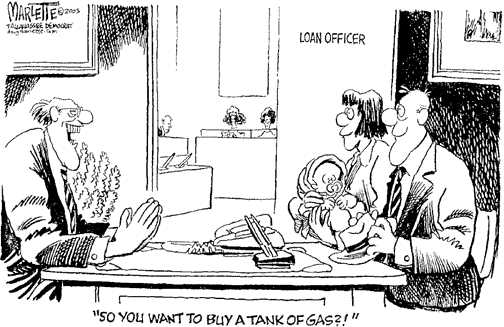A couple of lines in a quick little interview with Eugene Peterson in World Magazine this month, brought to me last week by David Watson (thank you, brother), really have me thinking. Peterson’s not serving as the pastor of that big Presbyterian church in Baltimore anymore. He’s retired, sort of, living with his wife in a cabin on a mountain lake in Montana.
These two paragraphs right in the middle of the article intrigue me, especially as they relate to the current church culture in most metropolitan areas of the Bible belt, specifically in Dallas-Fort Worth, particularly here at Legacy.
“At his suburban church in Maryland, Peterson pastored people who ‘were rootless,’ lacking ‘generational continuity where they lived.’ So he spent a lot of time ‘thinking about, praying about how to make this a place where people feel relationally connected.’ Instead of offering non-stop activities, Peterson’s church had a ‘quiet order of worship’ that sought to draw people into the gospel story. When newcomers asked what activities his church offered, he’d speak of worship on Sunday, and ‘if you’d let me be your pastor I’d help you learn not to want so much activity.’
Peterson sympathizes with pastors who complain about the demands people make: ‘In this American culture they feel very competitive. Pastors feel that people want action.’ He challenges them: ‘Do you want to be their pastor or their cheerleader? It’s a desecration of the pastoral vocation to commodify it, to turn the church into a consumer place.'”
You already know, I cringe when I hear my own brothers and sisters judge our church family or judge other churches based on what new exciting program is offered, what new exciting technology is being used, and / or what new exciting worship element is being experienced. It’s even worse, much worse, when ministers and elders use that criteria to inform their pastoring and decision-making. In some cases, the spirituality of a body of believers is judged based on these programs, technologies, and worship practices.
More, more, more. Turn it up. Louder. Faster. Brighter. Bigger. Flashier. Fancier. What am I going to get out of this? Are my kids going to love it? Why should I come to your church? Why should I stay at your church? More. More. More.
We’ve just started again our quarterly “Legacy 101” class on Sunday mornings, a three-week course designed to introduce new members and visitors to our church family. This past Sunday I spent the entire 30-minutes talking about ministries at Legacy—not programs and classes to minister to them, but opportunities for them to serve and minister to others.
We held another training session last night for new Small Groups Co-Leaders and it gave us another chance to tell our leader-couples, “It’s not about you.” For our leaders, Small Groups is never about what they’re going to get out of it, what benefits they’re going to receive. It’s always about the ways they can serve and minister to the other half of our congregation who are not involved, not connected, not feeling like family here. We multiply to include more people. We multiply to serve and minister to more people.
And, for the most part, we all understand that. The new members of our church in that Legacy 101 session Sunday spoke much more about using their gifts and abilities to serve others than about what we can do for them. The new leaders of the multiplied groups talked much more last night about reaching out to their brothers and sisters in this church and to the lost of the community than they did about personal comfort levels and their own needs.
Peterson doesn’t cry out against activity. He cries out against activity for activity’s sake. Busyness. Entertainment. Diversion. He laments the kinds of things I hear increasingly more, not just from our church members but, from ministers and elders: we have to add this so more people will come, we have to add that so people won’t leave, we have to start doing this or begin offering that to keep everybody happy.
We have tons of activities at this place, something here almost every day and night. And I’d like to see us doing even more, but only when those activities are designed to equip and empower our people to serve and minister to others; when the focus is outward, not inward; when the emphasis is on you, not me.
~~~~~~~~~~~~~~~~~~~~~~~~~~~~~~~~~~~~~~~~~~~~~~~~~~~~~~~~~~~~~~~~~~~~~~~~~~~~~~~~~~~~~~
Jim Edgmon sent this to me. Enjoy.
Peace,
Allan

Leave a Reply